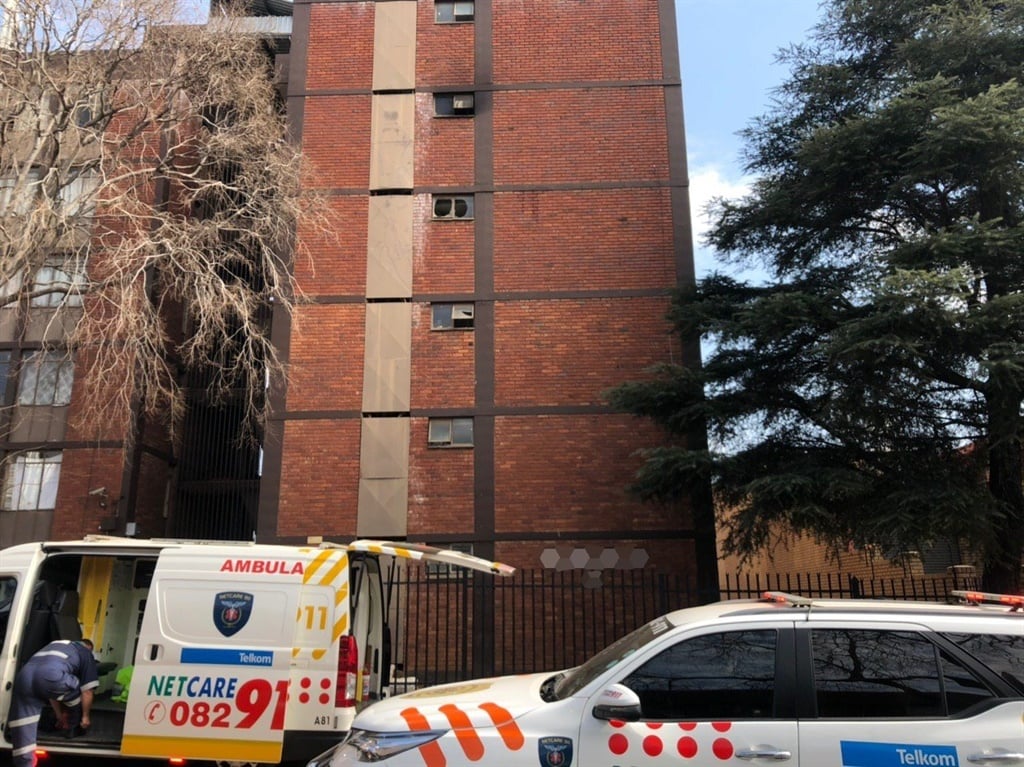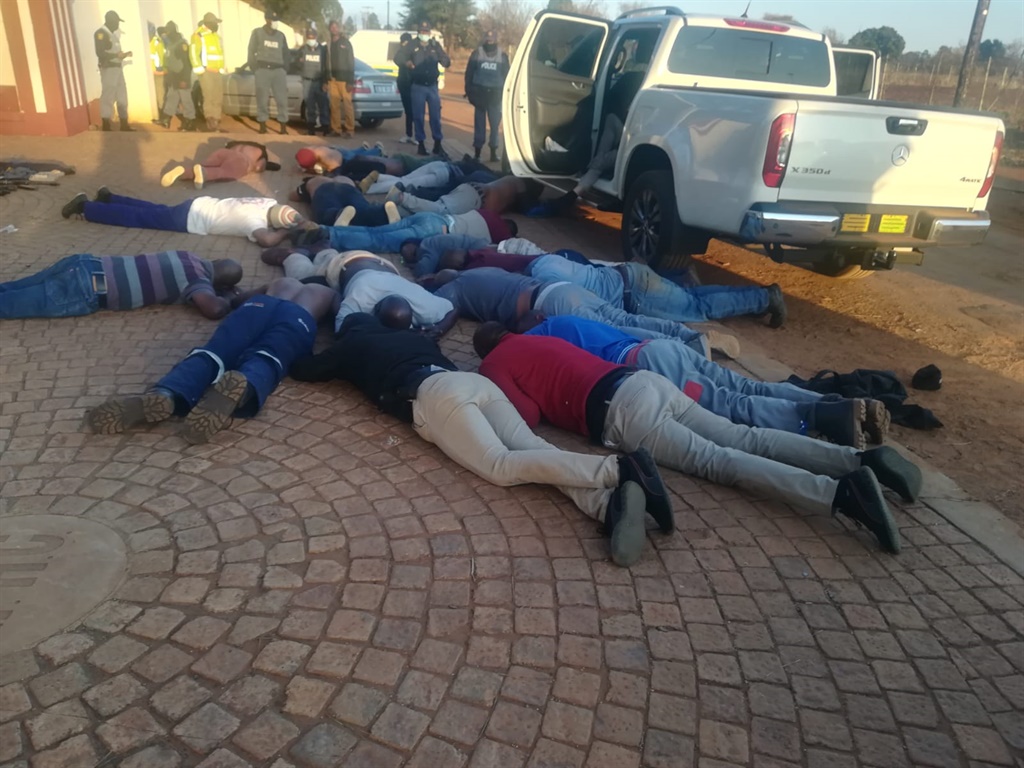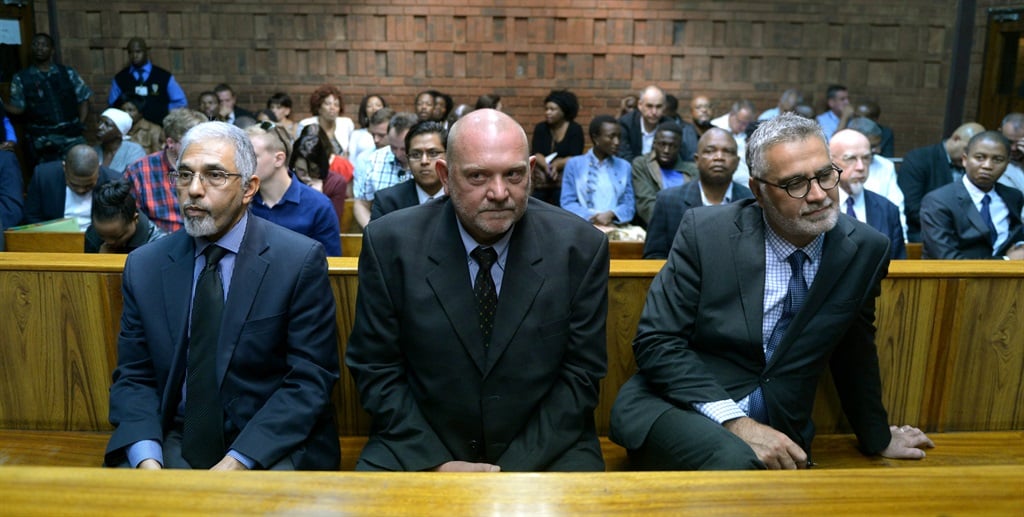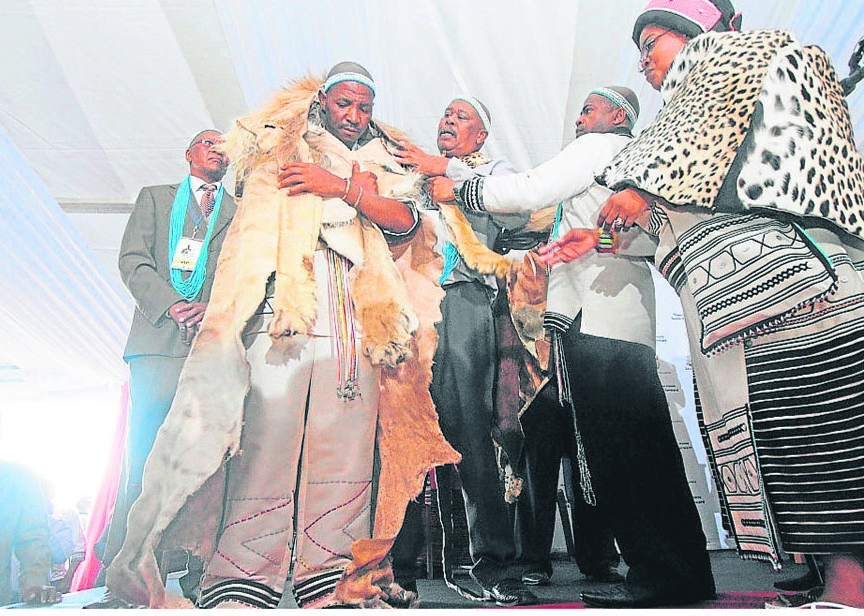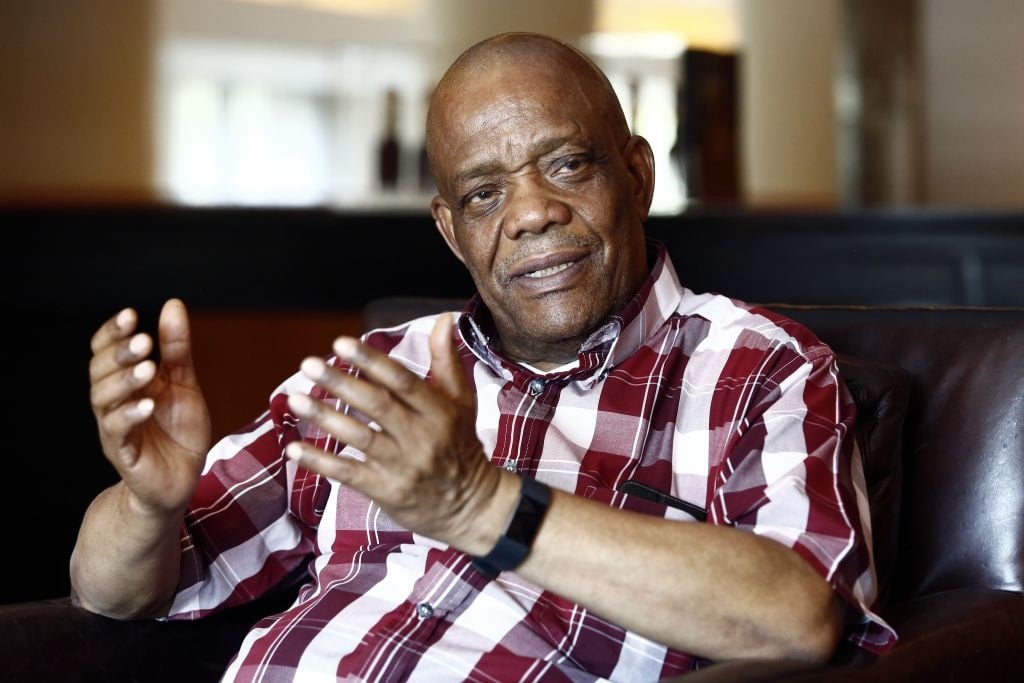- SARS officials broke silence to an internal panel, revealing alleged intimidation at the hands of Hawks officials probing allegations of illegal spying.
- Tax officials claim they were “threatened with prosecution” if they did not depose to affidavits.
- The internal SARS report recommends Hawks officials be investigated for possible abuse of power.
An internal SARS report has recommended that the actions of Hawks officers, who “interrogated” and threatened tax officials, be investigated as their conduct potentially constitutes an abuse of power.
The report, a March 2020 document obtained by News24 and handed to SARS boss Edward Kieswetter, reveals details of interviews an executive panel, tasked by Kieswetter, held with 31 SARS employees, who were negatively affected by the “rogue unit” narrative.
Other employees interviewed included some who were summarily suspended without due process or moved to superfluous positions within the tax agency. Some were left to languish in a boardroom for more than two years, with no official duties.
The report, which SARS told News24 this week was not final, makes several recommendations, including that a formal apology be extended to each of the employees and that SARS request advocate Muzi Sikhakhane and audit firm KPMG to fully withdraw their respective reports, which found an unlawful covert intelligence unit had operated at SARS between 2007 and 2015.
Both KPMG and Sikhakhane confirmed on Wednesday they had not been approached by SARS.
The panel was led by SARS’ group executive for compliance risk and investigation, William Mpye. Former acting commissioner Mark Kingon also served on the panel, together with attorneys from Cliffe Dekker Hofmeyr.
It was set up in November 2019 in response to one of several recommendations by the Nugent Commission, which probed a lapse in governance at SARS during the Tom Moyane era.
Nugent recommended that SARS review processes followed in the suspension and demotions of SARS officials.
The report also notes that several of the employees, who were interviewed in March and February this year, stated they had been “summoned” to the Hawks offices in Pretoria.
READ | Internal report recommends SARS withdraw key ‘rogue unit’ reports, must apologise to employees
News24 understands the summons came from members of the Crimes Against the State Unit, led by Brigadier Nyameka Xaba, who was one of the officers investigating the SARS unit.
The staff members, predominantly officials associated with the High-Risk Investigations Unit (HRIU), or the “rogue unit”, as it was labelled by the Sunday Times newspapers, told the panel “they were subjected to extended interviews which often took the form of interrogations.”
“They were threatened with prosecution if they failed to depose to an affidavit as demanded by the Hawks,” the Mpye report notes.
Hawks spokesperson Brigadier Hangwani Mulaudzi on Thursday evening denied this.
“No witness was interrogated, intimidated or threatened with prosecution as it is being alleged,” he said.
“It must also be noted that the majority of the witnesses requested and opted to utilise their own legal representatives or SARS legal advisors to prepare their own statements,” Mulaudzi added.
He said some opted to have statements taken from them at the Hawks offices in Pretoria, while others submitted statements.
“The Hawks did not receive the alleged report by the SARS internal committee, or any complaint of abuse of power from SARS, or witnesses,” Mulaudzi said.
News24 understands the affidavits in question relate directly to the so-called Operation Sunday Evenings, which involved the planting of electronic bugs in the offices of the erstwhile Scorpions in Pretoria.
Former SARS executives Ivan Pillay, Johann van Loggerenberg and Andries Janse van Rensburg were charged with alleged crimes related to Sunday Evenings, following the Hawks investigation.
In February this year, the national director of public prosecutions, advocate Shamila Batohi, announced she had decided to withdraw the charges against the three men.
They had made several court appearances amid a well-publicised battle for access to the full docket – the infamous Brooklyn CAS 427/2015.
“The Brooklyn docket has not been received back from the NPA with reasons to withdraw the charges,” Mulaudzi said in response to questions over whether the Hawks were satisfied with Batohi’s decision.
The case was first opened by axed SARS Commissioner Moyane in 2015, and the docket was used as the basis to target Public Enterprises Minister Pravin Gordhan, and later to charge the SARS three.
Gordhan was SARS commissioner at the time the HRIU, then known as the Special Projects Unit, and later the National Research Group, was established.
READ | SARS and the ‘rogue’ unit: The ultimate guide
At the time, the unit was intended to be housed within the State Security Agency (SSA) and was intended to provide SARS with access to intelligence gathering capabilities.
But the SSA, or the National Intelligence Agency as it was then known, inexplicably withdrew from the arrangement.
Hedged
News24 revealed the existence of the report on Wednesday.
The report recommends that apologies be offered to 31 employees interviewed in January and February this year, but cautions that the apologies must be “crafted” in such a way “so that it does not further expose SARS to civil or employment litigation”.
None of the key actors, who were central to the controversy at SARS in 2014 and 2015, were interviewed, with no mention of individuals like Pillay (former deputy commissioner), Van Loggerenberg (former head of the HRIU) or Adrian Lackay (former spokesperson).
A SARS spokesperson on Wednesday confirmed a report was finalised in March, but Mpye is not in charge of the process anymore. He handed the draft version of the report to head of employment relations Sobantu Ndlangalavu in mid-June for completion.
“Commissioner Kieswetter, in ensuring further transparency, independence and technical integrity of the ongoing review process, has appointed legal advisors to advise on a number of people-related matters, including the matter under discussion.
“Moreover, he has appointed Mr Fezekile Tshiqi, an independent specialist advisor on people-related matters in the Office of the Commissioner, to, among others, finalise the internal review.
“Mr Tshiqi is urgently and confidentially engaging the parties concerned and will be making final recommendations to the Commissioner towards the end of July 2020,” the spokesperson said.
Tshiqi served on the panel, led by Trevor Manuel, that interviewed candidates and ultimately recommended that Kieswetter be appointed SARS commissioner to Finance Minister Tito Mboweni in early 2019.
Although the committee was tasked to act on recommendations by the Nugent commission that reparations to affected employees be considered, the report seems to explore every possible avenue to prevent said reparations from being financial in nature and to protect SARS from further liability.
Interviewed employees detailed various instances of irregular and unfair suspensions and dismissals, victimisation, irregular disciplinary procedures, demotions, loss of income and other benefits and “interrogation” by certain state institutions. This was all related to the period of state capture under then-commissioner Moyane and an internal environment found by Nugent to be one of “fear and victimisation”.
The committee, however, regularly cites an October 2019 legal opinion, which states that aggrieved employees had legal recourse to the Centre for Conciliation, Mediation and Arbitration (CCMA) at the time, and that “there is good reason not to pay reparation to this category of employees because they had a legal remedy. Reparations are not intended for persons with a legal remedy.”

